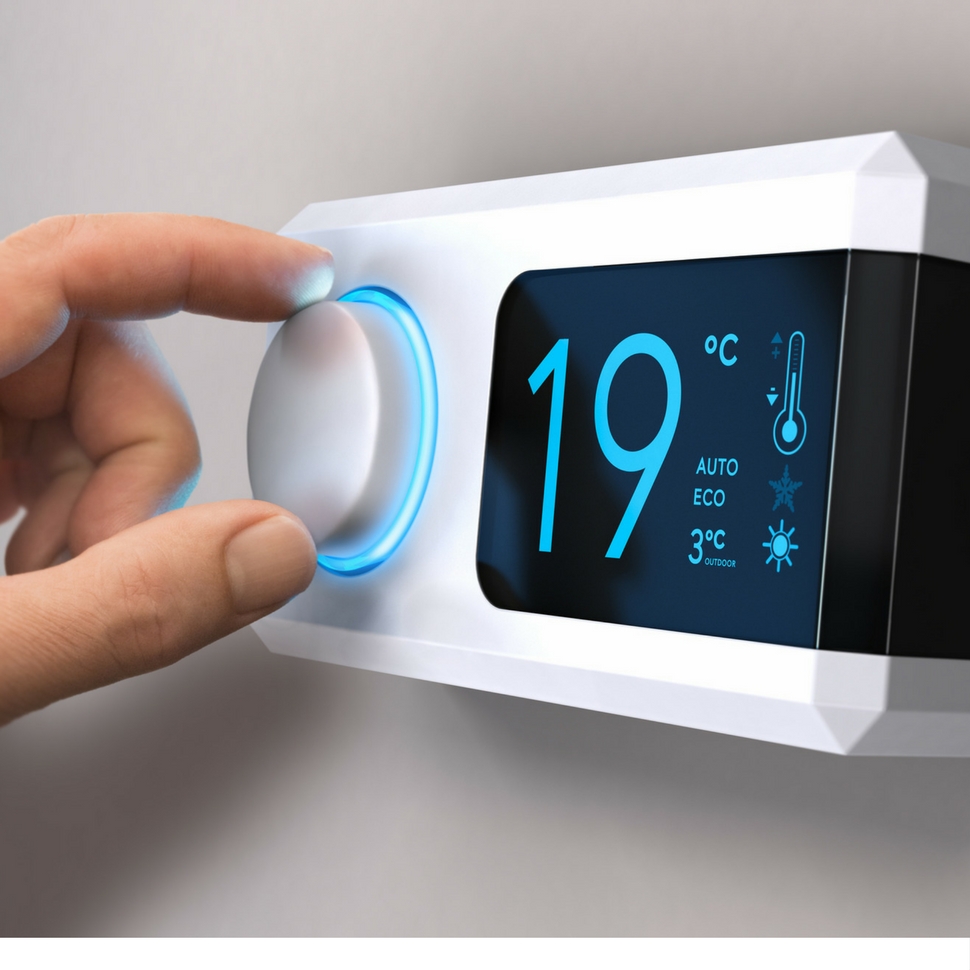By Andrews-Sykes
The argument takes place in offices up and down the UK every year. While some of us rush to fling open windows, others cling to radiators – the office temperature debate is all too familiar.
A recent study, commissioned by Andrews-Sykes has revealed the extent to which a poor office climate can affect our ability to work. The survey, which questioned 2,000 UK office workers about their satisfaction with their current working environment, found that nearly 80% of respondents had cause to complain about their office environment. Around one quarter of those surveyed said they or a colleague had taken up climate issues with management staff, whilst only 24% of people were comfortable with office temperatures in summer or winter months.
In addition to upsetting staff, being too hot or cold has a significant effect on productivity in the workplace. On average, respondents admitted to wasting more than 7.5 minutes a day due to poor office conditions, resulting in more than 28 wasted working hours per year. In addition, over a third of workers admitted to spending more than 10 minutes a day trying to warm up or keep cool, 6% of whom currently miss more than 30 minutes of work per day.
Women, on average, said they spent 33% more time (approximately 9 minutes, compared to 6.5) than men trying to acclimate themselves to inadequate office conditions. This wasted time adds up to around £1,670 over a year for the individual, or more than £15bn if the issue is being reviewed across a national UK workforce scale.*
When too cold, 70% of women have needed to bring in additional clothing to the office to keep warm, and 50% resorted to excessive cups of tea, while less men; 44% and 28% respectively, needed a jumper or a hot drink.
Only 24% agree that their office was an ideal temperature for working throughout the year.
Surprisingly, nearly 10% of women have resorted to bringing in a hot water bottle to work, while about 3% of workers admit to bringing in their own space or portable heaters – which is a problem, according to Andrews-Sykes’ Divisional Director, Andy Whiteley.
“Careful planning by facilities managers can be wasted by staff plugging in their own heat sources. What’s more, where offices change layouts and partitions are raised, air conditioning and heat sources are often split between rooms; meaning controls aren’t specifically localised to one place. Disruptions caused by inadequate climate controls are becoming more prevalent, especially with the ever-increasing amount of computer equipment that needs cooling in modern workplaces.”
Some further stats we found:
27% of women have complained to management about the temperature, compared with 17% of men
48% of women have complained to a colleague about the temperature, compared with 31% of men
27% of men think the summer temperature in their office is ideal, compared to only 21% of women
31% of men think the winter temperature in their office is ideal, compared to only 19% of women



 Dr. Gleb Tsipursky – The Office Whisperer
Dr. Gleb Tsipursky – The Office Whisperer Nirit Cohen – WorkFutures
Nirit Cohen – WorkFutures Angela Howard – Culture Expert
Angela Howard – Culture Expert Drew Jones – Design & Innovation
Drew Jones – Design & Innovation Jonathan Price – CRE & Flex Expert
Jonathan Price – CRE & Flex Expert











